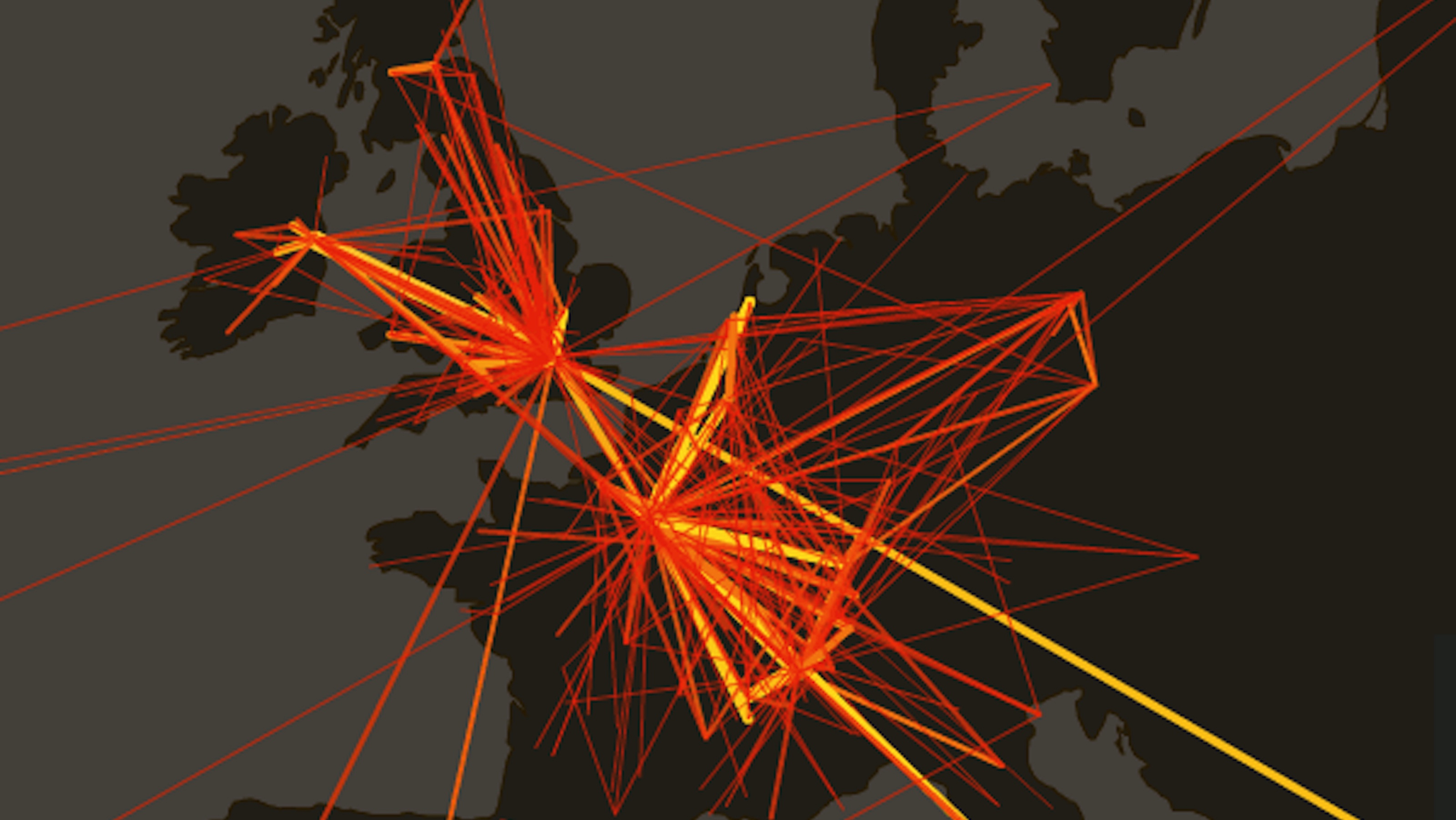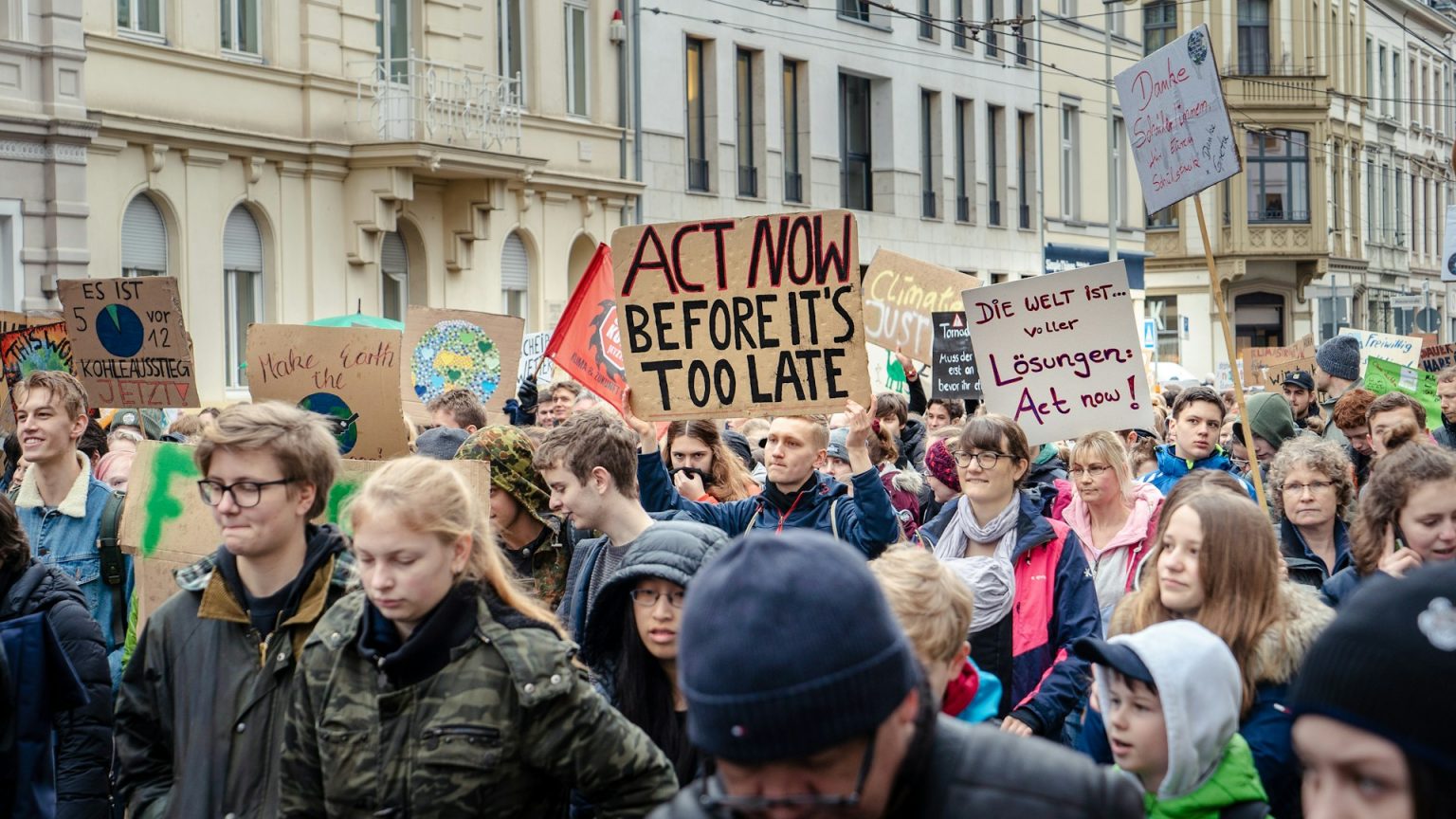Terrorism in Europe is a generational problem, says Juliette Kayyem. While the US has effectively integrated immigrant communities into its national identity, European nations have not. This has resulted in scores of European nationals traveling to war-torn countries like Syria, becoming trained in military tactics that target civilian populations, and returning “home” to cities like Brussels, Paris, and Madrid.
But not all is rosy in the US, especially as candidates in this presidential election cycle talk of rolling back immigration laws, patrolling Muslim neighborhoods, and encouraging law enforcement to transparently profile based on ethnicity. This kind of profiling, in Kayyem’s words, “is the the lazy man’s national security policy.”
It’s not a question, however, of right versus left. Democratic politicians are equally guilty of taking too rational an approach to terrorism, and failing to validate people’s fears — stemming from foreign attacks, and the tragedy in San Bernardino. Kayyem walks this political tightrope, and offers counsel to those who feel rudderless in these troubling times, in her new book, Security Mom: An Unclassified Guide to Protecting Our Homeland and Your Home.
Juliette Kayyem: Profiling is the lazy man’s national security policy. I mean it’s the easiest low hanging fruit. It’s red meat to the masses. But I want to be clear here. Profiling isn’t only wrong from the perspective of, you know, sort of who we are as Americans. It’s actually bad security policy. We live in a time in which people are becoming radicalized. Let me just put this in perspective. There are six million Muslims in America. There is maybe a handful of arrests and essentially five successful attacks, right. And most of them were a stabbing and then we had San Bernardino. So put this in perspective. Those are great numbers. We are not Europe. Europe has a generational problem and that is because they had immigrants or people who did not fit the European profile who are growing up as Europeans traveling to Syria to arm and train themselves and returning back home. That is an epidemic. That is a systemic problem of which a society – Europe is going to have to confront that in a real way. Law enforcement is not going to cure this problem. We don’t have that problem. And the reason why we don’t have that problem isn’t because we’re surveying Muslim communities or we’re keeping them out. It is because we as a country through fits and starts and we haven’t been perfect, we as a country have been able to assimilate and acclimate and invest in and welcome the other, right.
Not always perfect. I’m willing to admit that. But whether it’s Hispanic or Muslim or Arab or Irish, over time those communities view America as their own. They don’t travel to Syria to come back and harm Americans. And we must commit to that integration, to that sense that we don’t view these populations as the other. So things like profiling or following mosques or keeping certain religions out or, you know, wiretapping, I mean EMOMs. I mean all the craziness that you’re hearing right now I promise you will make us less safe over time. And so it’s not just an argument about the left and the heartstrings and feeling progressive versus the right and pro security. It is if in the course of America’s history besides our oceans which has helped a lot the one attribute of our policies that has made us safer and more secure is our ability to absorb and welcome and integrate new communities. And we have to remain committed to that.
People know that the risk of them dying form terrorism is like .00001 percent divided by ten. I mean we know the risk is very, very small. But people also do feel like the world is kind of on fire. Those aren’t inconsistent to me, right. I mean you can still feel very nervous about the world out there and recognize that the risks to your own family are pretty minimal. And I think that President Obama sort of focuses on the first, right. And I think in some ways he needs to tell people I get it though. I get those fears and here’s what we’re doing and here’s what you can do and these other guys. To be honest these other guys and all their tough talk, that won’t work. And sort of accept our own irrationality. I don’t know if that’s fair to say but I know the numbers. I mean everyone knows that the numbers are incredibly low but if it’s, you know, if it’s your kid that’s the .00001 percent, you know, that is an existential threat, you know?
The phone calls I get in the last couple of months from Paris attacks on are real. I mean they’re the real concerns of people who care everything for their children in their lives or their spouse or their extended family. And these are real phone calls of real concern. And I worry that democrats in particular I worry President Obama tends to think of this stuff rather rationally isn’t quite getting the emotions, right. And the emotions aren’t being cultivated by cable news or Donald Trump only. I mean I think that there are real concerns for people and their families right now. And sometimes I wish, you know, President Obama would just say look, I get it. I have two daughters. I get it, you know. You’re not irrational but let me tell you what we’re doing and what you can do to address it. Because I do think that if we view those who are nervous about the world right now, you know, whether it’s Zika or terrorism or hurricane season is coming up that if we don’t channel those concerns someone like Donald Trump walks right into the vacuum. And I think that’s what’s happened a little bit.





